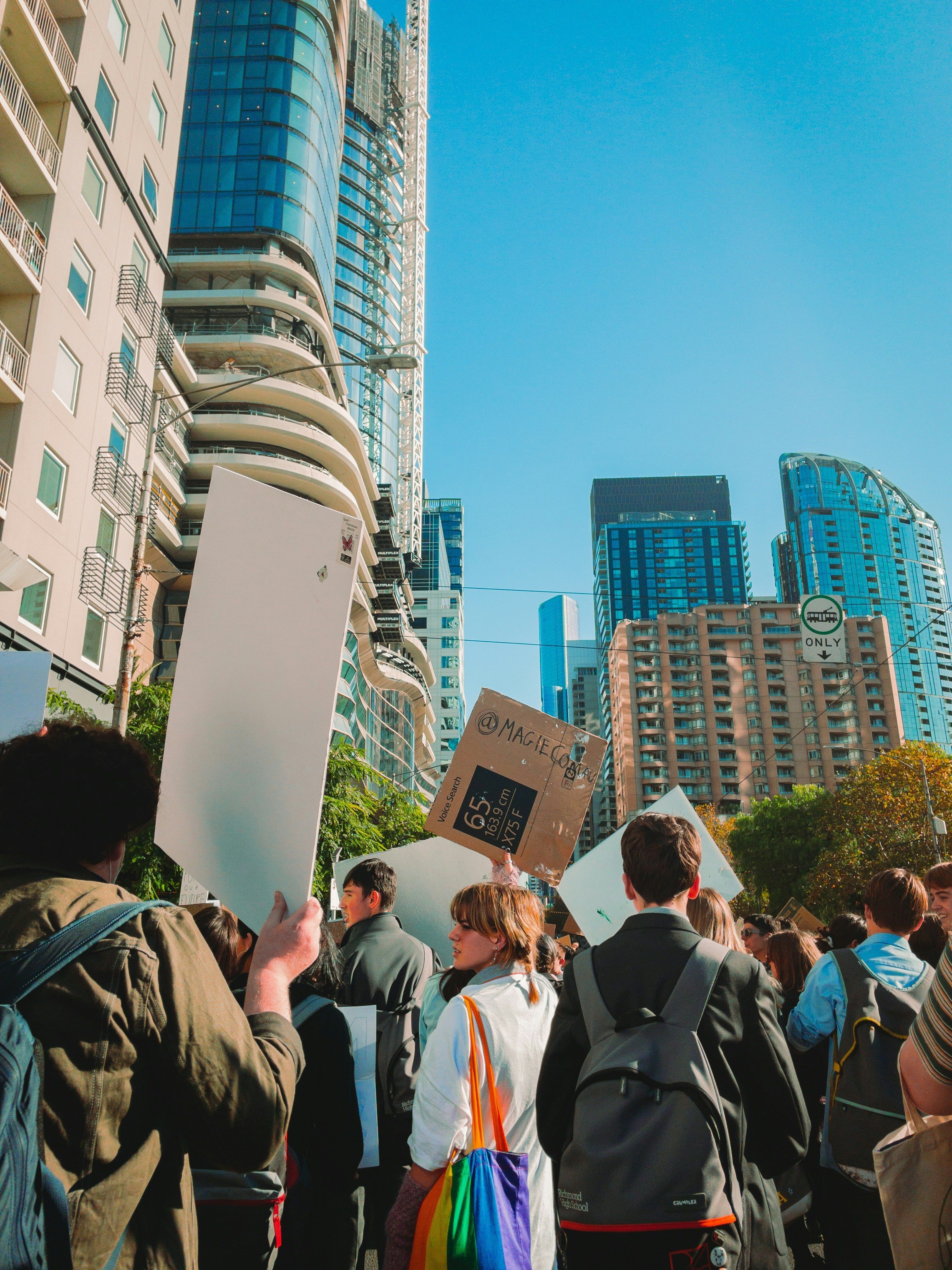
In a republic like the US, citizens are assumed to be the sovereign after God in our democratic form of government. The elected representatives facilitate the process to carry out the duties of the state for public well-being and fulfill citizens’ mandates under the guidance of the Constitution. The separation of powers, or mutually exclusive domains of responsibility among the executive, legislative, and judicial branches of the government, with a free press guaranteeing transparency in all official conduct of public servants/agencies, are essential elements for democratic institutions to function and thrive. The moment any or all of these institutions, functions, and mediums become corrupt, serve self-interest or special interests, play party politics, reduce transparency, or give credence to synthetic interests over public interest and human rights, we begin to see cracks in our democratic foundations. The longer such a situation persists, the worse it gets and leads to wider cracks and the eventual failure of democratic institutions, social well-being, and human rights.
Bangladesh, a parliamentary democracy, just witnessed such a failure over a 15-year period where the judiciary was fully compromised, the legislative branch was dominated by one political party, and the executive branch became totally corrupt, with its sole purpose being the continued suppression of the democratic process, oppression of opponents, curbing of freedom of the press and individuals, and financial gains for the political and economic elites without any moral, ethical, or legal boundaries. Some levels of such corruption have existed since its independence, but the last 15 years have seen an unprecedented acceleration of such corruption and a total erosion of the rule of law. It took equally unprecedented student-led citizens' demonstrations, a willingness to face death to stand up against police and paramilitary crackdowns and brutality, and pragmatism by the military to stay out of politics or bow to foreign interference. It is a textbook example of how citizen activism can breathe life into politics and bring anti-democratic forces to their knees. The experiment is still ongoing. The presence of a Nobel Peace Laureate as the head of the interim government and the continued pragmatism of the military to stay out of politics give us hope that democracy and the people’s voice will be restored, and the rule of law will prevail.
Here at home, we are facing an election like no other. The Republican Party has lost its soul to a candidate who undermined democratic institutions, spreads white supremacy, created unfounded voter fraud myths, and literally turned a mob against the very foundation of our democracy, the Capitol and its legislatures. The Democratic Party has not fully restored its credibility in many voters’ minds due to its stance on student protesters, a double standard in the Gaza conflict with unprecedented human tragedy, and its over-reliance on finances from special interests and corporations while claiming to be a party of average Americans. This experiment is also ongoing, and our hope is that democratic ideals will prevail and that the citizens will make the right call through the ballot and inclusive public discourse.

